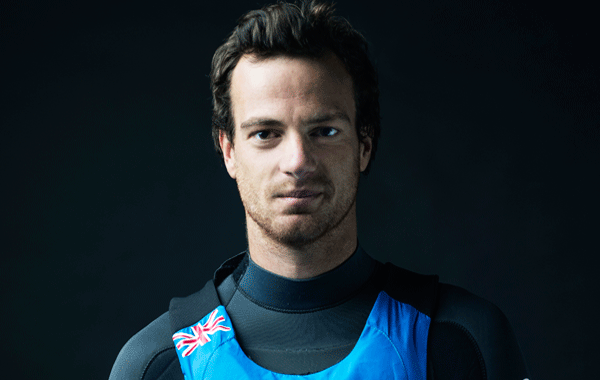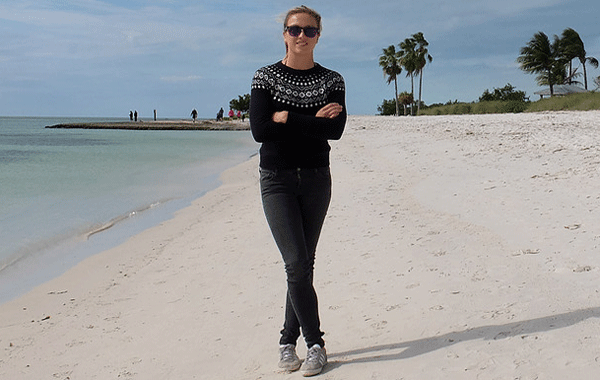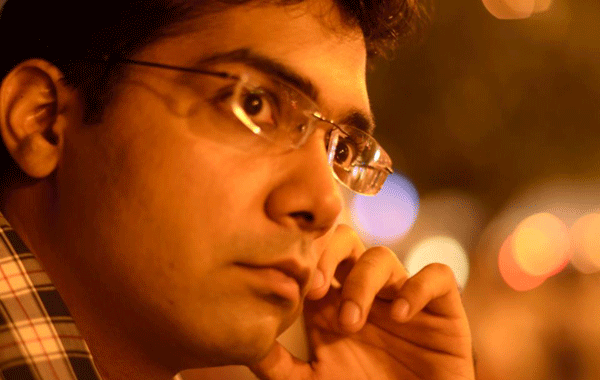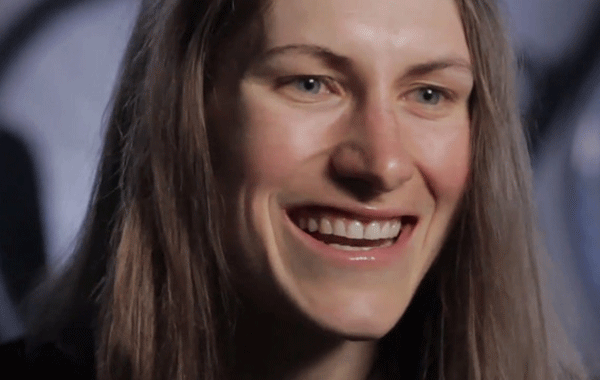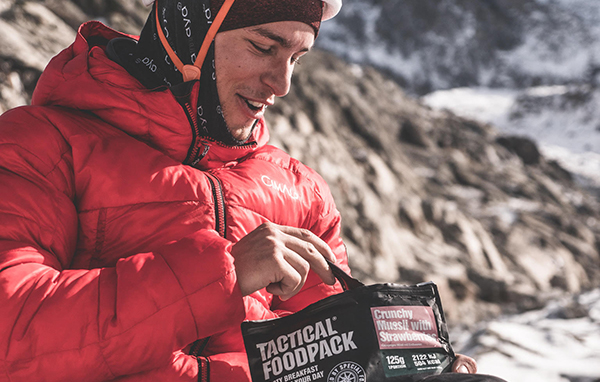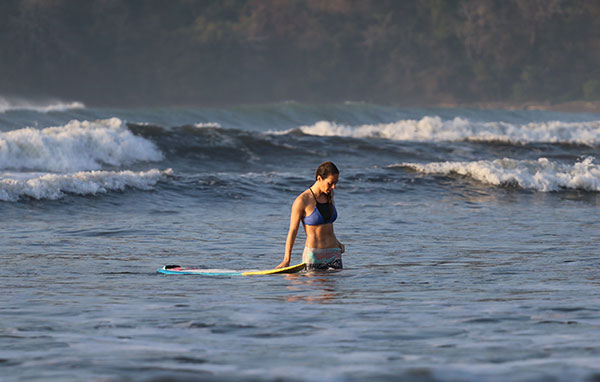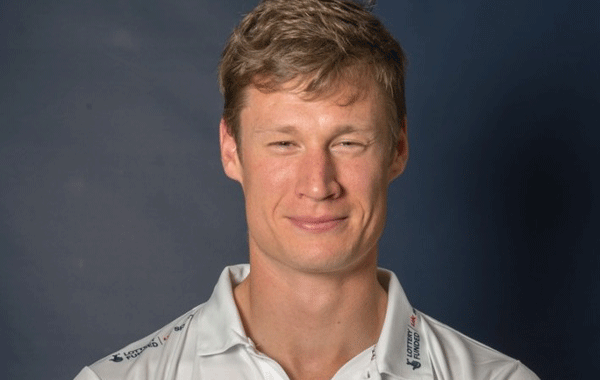
Nick Middleton is a rower with an ambition to compete at Tokyo 2020.
AFTER some success as a swimmer Nick Middleton started rowing in 2008 at Leander Club. The rest is history as after only one season in the sport he was selected for Great Britain and found himself competing in the U23 World Championships in Belarus.
Nick has gone on to earn a formidable reputation as rower and despite missing out on a place at the most recent Olympics he’s determined to make it to Tokyo in 2020. Here he talks to us about how he intends to do it as well as sharing more about his journey in the sport to date.
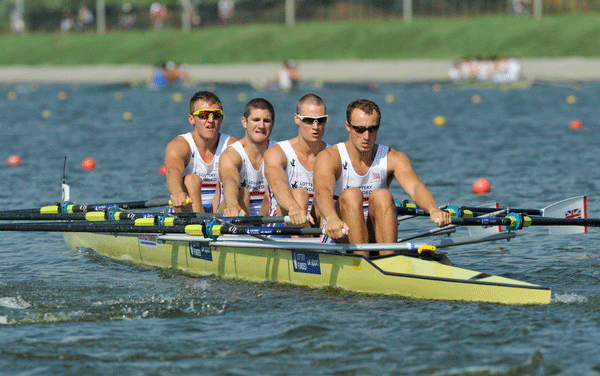
Nick has a productive career to date including competing at the U23 World Championships.
When did you first get the opportunity to row and how long was until you realised you had a real talent for the sport?
I first got the opportunity to row in the summer of 2008 at Leander Club. I’d come to a natural end with my previous sport (swimming) and was looking for a new challenge.
I decided that I would join the Royal Marine Reserves, however, I still had a nagging feeling that I wasn’t done with competitive sport. I did some research and found rowing. It was quite a simple transition from swimming to rowing, I had the fitness already and just had to learn the technique, so my progression in the first year was massive.
I was fortunate enough to train at Leander Club and this gave me the opportunity to train like a full-time athlete with low living costs and a part time job. I got selected for Great Britain in the U23 world championships in Belarus after only one season so that moment was probably the turning point into thinking that I could make rowing work.
What were some of your early rowing successes and where in the world did the sport take you?
Winning Henley Royal Regatta in the men’s quad for the first time was an absolutely amazing experience for me. There was no expectations for us and we just had a great time. Every round we got through was celebrated, and to win overall was incredible.
That same year I was selected for Great Britain in the U23 world championships in Belarus. Belarus was a fascinating place. The temperature was extremely hot which made sleeping unbearable. The bed sheets were made out of what felt like sand bag material. I remember before the race we were given salad and cow tongue for lunch which was an experience!
How close have you been to getting in the GB team for the Olympics and how do you intend to make sure you make it to Tokyo 2020?
I first got invited into the GB team in 2012 and have been kicked out of the squad twice since then. Finally in 2016 I managed to get back in. The number 1 single sculler in the country Charles Cousins had had to call off his Olympic campaign due to an injury, so I was drafted into GB men’s team to fill up the numbers in January after a solid performance at GB trials.
I ended up coming eighth in the Olympic Trial which meant that I could race in a double with Jack Beaumont at the World Cup series. We managed to get to the A final, beating boats that got into the 2016 Olympic final. This was a huge step on for me and the Olympics had been always been a dream up until that point, but I thought that there might be an off chance that I could be called up. Both me and Jack were in contention for being spares for Rio 2016 and we tried to do everything possible incase either one of us got called up to go to the Olympics. Jack was picked over me and ended up racing at the Olympics which was hard to take as we had raced together all season and I saw myself as an equally strong contester, but Jack’s rate of recovery from his horrific injury and previous result history meant that we was chosen ahead of me.
In order to make it to Tokyo 2020 I will definitely have to train smarter than ever before. My training style in the previous Olympiad was to do everything as hard as possible and it just is not possible to sustain that type of training. I think if I can pace myself for the next four years and keep consistent results I will have a great shot at competing at the Games.
How hard are your currently training and what does your weekly routine normally consist of?
I’m training very hard at the moment. We are doing long boring miles out on the water and heavy weights in the gym.
Currently I am training between 2-3 times a day, 6-7 days a week. A typical day would go something like this: Wake up at 6.30am, have first breakfast, drive to weights at Bisham Abbey EIS training centre, eat second breakfast, row on the water for 1 hour 20+, have lunch and then either a session in the gym on the rowing machine or back out on the water.
Tell us about your passion for and work in photography? How does being an athlete give you an extra perspective when behind the camera?
I am lucky that I have found two passions in my life and even luckier that I get paid for both! Photography for me is a wonderful way of telling a story without having to write anything. I started taking photos with my film camera when I was 11 and since then have been hooked. My photography definitely took off when digital came about as I could practise far cheaper. I enjoy taking photos of people and sports but I absolutely love taking photos of the lifestyle around it and showing the world what goes on behind closed doors.
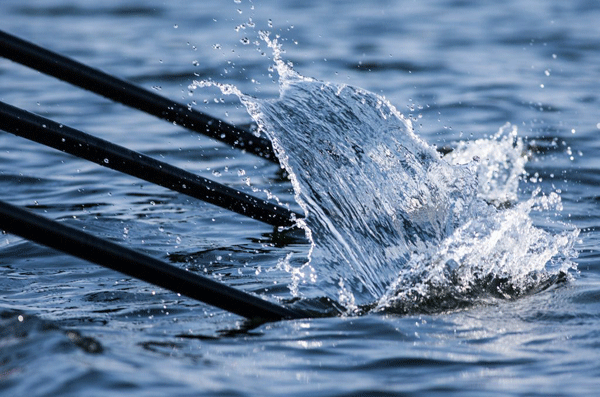
Nick has combined his talent for rowing with his passion for photography.
Being an athlete and taking photos of other athletes definitely is helpful. If I am taking a photo of an athlete there is a mutual respect which helps break the ice and produce a more natural photo. When I have a stressful shoot like a wedding or a big event where there are no second chances, I can use my skills that I have acquired as an athlete to help with that situation.

Another of Nick’s professional photographs.
What other, sporting or work, projects do you have lined up for the year ahead and beyond?
Rowing wise I have our final GB trial of the year to look forward to in April. If I am successful then I will have a whole summer of racing and finally the world championships in Florida.
Photography wise I have a never ending list of projects. I have started to create a photo blog on my website where I will hopefully show my journey to Tokyo, which is exciting. I have a very exciting project that I am working on about my grandad who escaped a World War 2 prisoner of war camp in Italy and cycled across the Alps to get home.


